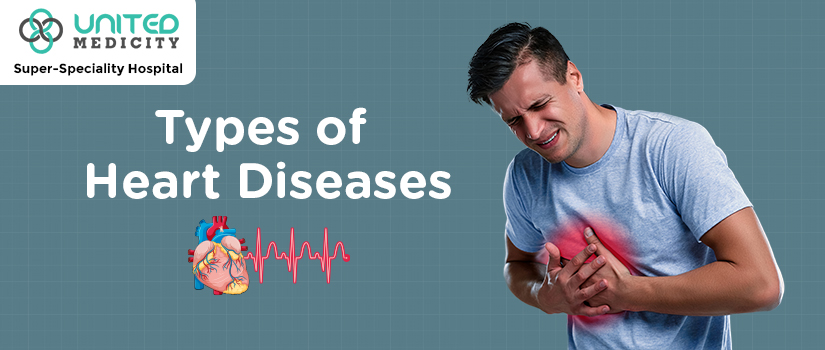Ever notice how when life gets tough, it feels like your heart takes a hit, even though it’s really your mind doing the heavy lifting? Stress is a big deal—it’s not just about feeling bummed out; it can mess with your heart too. Recent studies have shown that stress and how you feel are linked to heart problems. Let’s break it down and discuss the impact of stress on heart.
How Stress Impacts Your Heart?
The impact of stress on heart comes in different forms. There’s the quick burst when something intense happens, like a close call. Then there’s the long-term stress, like when you’re worried about money all the time or you’re always tense at work. Both can mess with your body, especially your heart.
Our heart, the superstar of our bodies, feels the pressure when stress comes knocking. When you’re stressed, your brain sends out hormones that make your heart beat faster and raise your blood pressure. Over time, this can hurt your blood vessels and lead to heart issues like clogged arteries or heart attacks.
Stress And Heart Disease
The American Heart Association has found solid links between mental well-being and heart health. When stress hits, a part of your brain called the amygdala kicks in—it tells your body to produce extra white blood cells from your bone marrow. This can lead to inflammation in your arteries, opening the door for heart problems like heart attacks, strokes, or chest pains.
But that’s not all. Stress keeps your body on high alert, flooding it with chemicals that can cause inflammation. This messes with how your body works, increasing the chances of high blood pressure, type 2 diabetes, high cholesterol, and obesity—big players in heart disease.
How you tackle stress is crucial too. Some folks resort to comfort foods, alcohol, or smoking to ease the tension. Others opt for low-key activities, skipping physical movement that helps release built-up adrenaline. Sadly, these stress-relief methods amp up the risk factors for heart disease—like high blood pressure, diabetes, high cholesterol, and obesity. The AHA warns that these stress behaviors only make the heart disease risk bigger.
In a nutshell, stress isn’t just a mental game—it’s a heart player too. How you handle it affects your heart’s health. So, finding healthy ways to manage stress is like giving your heart a shield against these risks, helping it beat strong and steady.
How can we treat it?
There are ways to reduce the bad impact of stress on heart. One trick is mindfulness—stuff like meditation or yoga. They give your mind a break and help your heart chill out. Exercise is another hero here. It not only keeps your heart strong but also makes you feel good, fighting off stress.
Taking care of yourself is a big deal too. Eating healthy and getting enough sleep can help your heart handle stress better. And don’t forget the power of having people around you. Hanging out with friends or family can make a big difference. They’ve got your back, and that can make stress feel a lot less scary.
Bottom Line
So, what’s the bottom line? Your heart and how you feel are connected. By finding ways to handle the impact of stress on heart, you’re not just protecting your heart—you’re setting yourself up for a happier, healthier life. It’s like giving your heart a tune-up, making sure it beats steady and strong, even when life gets bumpy.




